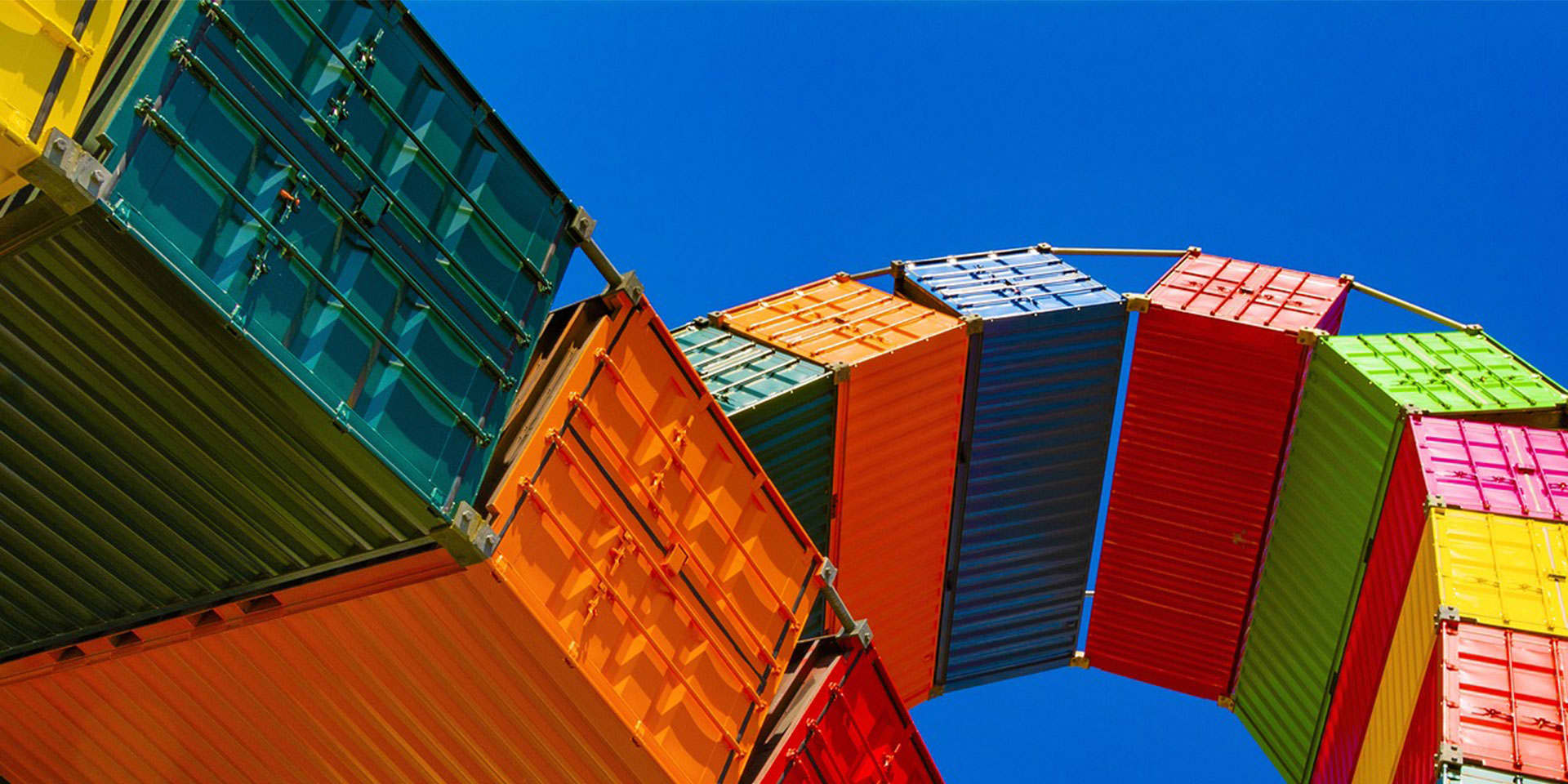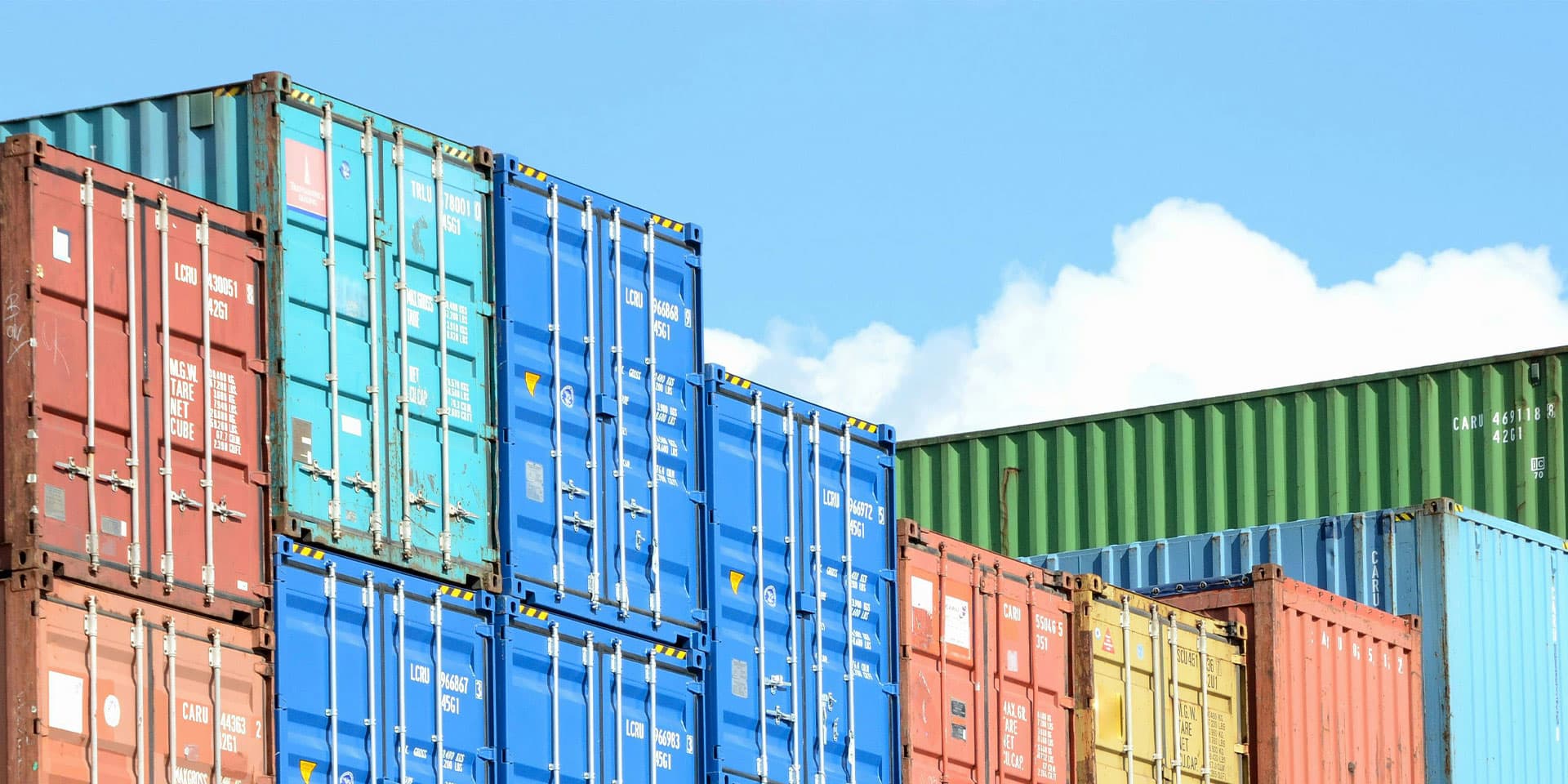It doesn’t have to be a trade-off
Charlie O’Mulloy, a trade finance analyst with EBRD, speaks to us about his choice of career and why he thinks other young people would also be passionate about trade finance if they knew what it actually does for society.
It’s often said that if you can find a job you enjoy doing you will never have to work a day in your life. But even if that is true, it’s not easy to know what would be enjoyable until you’ve tried it. Even the most popular jobs can be irksome. “Financial World” once interviewed a former professional footballer who said, a little tartly, “every man wants to be a footballer who hasn’t been a footballer”. That unknowability in careers is why there can be quite a bit of sheer luck when it comes to finding one that is satisfying, pays the bills and is a genuinely good fit.
Charlie O’Mulloy, who is an analyst at EBRD, initially joined a consulting firm after he graduated with a degree in politics and sociology. “I wanted to do a job in which there were synergies between business and politics,” he says. “At the time, I wasn’t aware that trade finance is a perfect example of where business and politics meet.”
A passion for emerging markets
O’Mulloy says that he was always interested in emerging markets. For his first degree, he specialised in sub-Saharan Africa, the Middle East and East Asia. His current focus at the EBRD is in trade finance for Central Asia. “I find trade finance fascinating. I’m passionate about it,” he says. “If you read between the lines, everything and anything has something to do with trade.” This is more evident when you have the opportunity to visit countries, O’Mulloy says. “Our team covers over 25 countries, which we travel to on a regular basis. Not only do you get to see the country and experience different cultures, you get a sense of how the economy operates from a trade perspective and that what we do makes a difference”.
His work requires deep analysis, and offers the opportunity to learn a lot, but it’s also hands-on graft. “Our team is both a middle and a front office. I will price a deal, give our appetite and when the application comes in, our team drafts the standby letter of credit and puts it into SWIFT and routes it,” he says.
Though his work in trade finance speaks to both O’Mulloy’s interests and skills, and is something he finds worthwhile and satisfying, trade finance was, initially, not on his career radar. He studied the subjects that followed his interests at school and expected to build a career from there.
By 2020, it was time for a change and he completed an MSc in Energy Trade and Finance, with a view to specialising in commodity finance. The challenge was how to persuade an institution that appealed to him to take him on. There are, after all, a lot of graduates looking for interesting jobs and a lot of AI-powered selection processes with opaque criteria for sifting C.Vs. O’Mulloy mentioned this year’s ITFA Emerging Leader Award winner who revealed that, on graduation, he had sent out over 150 applications to only receive two offers. What to do in a job market like that? A bit of luck helps.
How LIBF qualifications opened doors
“Before starting my Masters I happened to have a coffee with a woman from Mizuho bank and said ‘how can I get into trade finance?’. She recommended the Certificate in Trade and International Finance (CITF) as it’s well-known and well-respected. The EBRD was one of the first places I applied to during my Masters, because it really fascinated me as an institution, and they told me that having CITF was one of the reasons they liked my application”

Charlie O'Mulloy
Trade Finance Analyst, CITF and CSCF Completer, EBRD
Since joining the EBRD, O’Mulloy has also completed the Certificate in Supply Chain Finance (CSCF).
What O’Mulloy is deeply interested in, and which trade finance really speaks to, is the real economy: where political, social and financial realities collide. “For example,” he says, “In 2023, Lloyd’s of London worked with a Ukrainian bank that is a partner bank of the EBRD to export Ukrainian grain to export markets where food security is a real issue. It’s a high-risk transaction that has a real impact on economies.”
Despite such interesting projects, O’Mulloy is concerned that trade finance as an industry is becoming less appealing to young people. One of the reasons for that relative lack of appeal, he says, is that some of trade finance, such as detailed document checking, can be stressful and technology is not necessarily a solution. It can, in fact, lead to more work being piled on juniors – though he added he wasn’t speaking from personal experience.
Such reservations aside, he is optimistic about the industry overall. In particular, how diverse trade finance is – pointing to the Trade Facilitation Programme at EBRD, which has 15 different nationalities in the team of just over 20 people – and how much scope there will be for new ideas as the industry changes over the next few years.
The future of the industry
“People have been talking about the digitalization of trade finance since way back, but that point is now here and it’s a nice signal to people coming into the industry, it should tell them that can bring some ideas forward.”
He adds that the technology is not to be feared as it can never be the ultimate decision-maker. “Technology can certainly help, and the EBRD works to support partner banks close the digital divide, but there are many things it can’t do, such as travelling to some far-flung country to visit the borrower to really assess the deal on the ground. It can’t make the final call.”
Feeling inspired by Charlie's story? Start your own journey with our qualifications and discover where they can take you.
Related articles

Introducing the Certificate in International Trade Risk (CITR)
06 June 2024
Addressing specific industry needs
Around the world with trade finance



